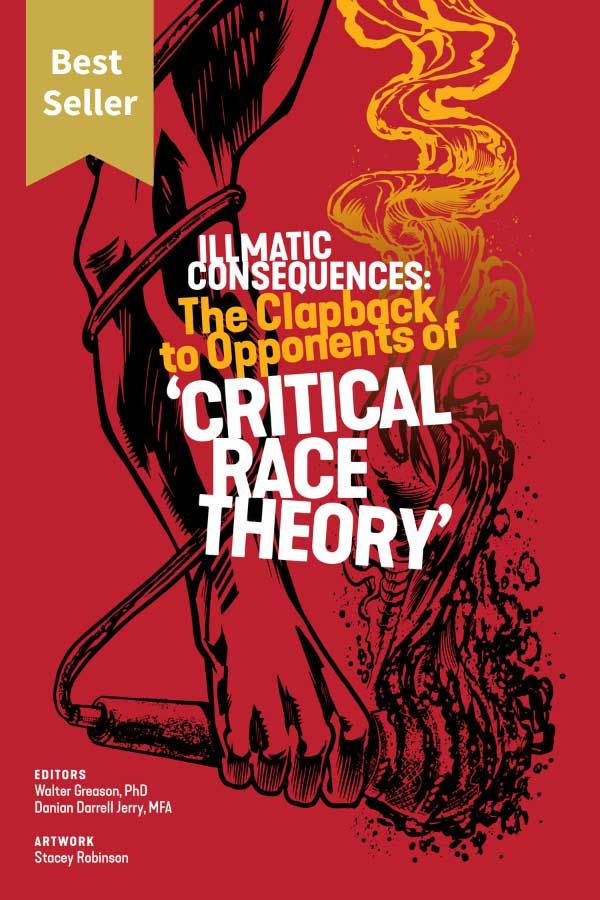Sounds of Identity: The Indispensable Role and Enduring Legacy of Black Music
Sounds of Identity: The Indispensable Role and Enduring Legacy of Black Music
Black People Rock!
Let’s just put that out there.
We are brilliant, diverse, beautiful, dynamic, versatile, didactic, phenomenal esoteric; you name it, you can find it in the Black Community!
But for Black Music Month, let’s celebrate how we use sound and movement as a powerful expression of Black culture, to show resilience, elevate our creativity, quell pain and confusion, help, give advice and uplift ourselves throughout history. It has played a significant role in highlighting Black people’s experiences, struggles, and achievements. Even today, an era where we have more freedom than ever, we are still living a life marked by anti-Blackness, racial attacks, and confusion. Black music continues to serve as a platform for resistance, storytelling, and celebrating Black identity.
As an immigrant from Jamaica, part of the Global South, I missed some music movements and always seem to be playing catch-up. Like when I discovered Jah Rule’s sultry voice and Tupac Shakur’s no-nonsense lyrics in the ’90s. Now as we celebrate the Hip Hop 50 - Wikipedia , I am finding out that even with what I thought I missed, they didn’t miss me.
I was vibing to them in movies like Love and Hip Hop, and Fresh Prince, 8 Mile (2002), Notorious (2009), Biggie & Tupac (2002), Hustle & Flow (2005), Dave Chappelle’s Block Party (2005), Straight Outta Compton (2015), CB4 (1993), and Wild Style (1983). There may be some of you, like me, who thought you missed an influential music era, only to find out that you have been dancing, blasting it in your car, or listening at a backyard cookout and didn’t even realize how immersed you are. I describe my music style as eclectic and boy do I love me some R&B, slow jamz and kissing after dark music themes on Black radio at night. You with me?
Today, like in many social movements throughout Black history, any time there is anti-Blackness infiltrating our lives, Black music often takes on added layers of meaning and importance. It becomes a means for Black artists to reclaim their narratives, challenge stereotypes, and confront the systemic racism and oppression they face. It is a form of cultural resistance demanding recognition, justice, and equality. And we, the listeners, love it. We get empowered and motivated, feel strong collectively, and move with a unified beat.
Black music genres such as jazz, blues, gospel, R&B, hip-hop, and rap have consistently provided a voice to marginalized communities, shedding light on social issues such as racism, police brutality, economic inequality, and other forms of injustice. These genres have challenged societal norms, promoted Black pride, and mobilized communities toward collective action. Black music always takes on a life of its own, inspiring and influencing other genres and cultures worldwide. Its impact can be seen in various music styles, from pop to rock, country to electronic music, highlighting the immense contribution of Black artists to the global musical landscape. Which is why an immigrant like me can dabble in all sorts of country, reggae, Afrobeat’s and soca to become the international representation of Blackness that I am.
If I were to start talking about reggae and Afrobeat artists, there would be no stopping. So here are some Black songs that have been associated with social justice movements:
“Strange Fruit” by Billie Holiday: This powerful and haunting song, initially recorded in 1939, vividly describes the lynching of African Americans in the United States. It became an anthem against racism and a call for justice.
“What’s Going On” by Marvin Gaye: Released in 1971, this iconic song addresses social and political issues, including war, racism, and environmental concerns. It urges listeners to question the state of the world and strive for positive change.
“Fight the Power” by Public Enemy: Released in 1989, this influential hip-hop song became a rallying cry for the African American community. It critiques systemic racism, celebrates Black culture, and calls for resistance against oppressive structures.
“Formation” by Beyoncé: Released in 2016, this song sparked conversations about Black identity, feminism, and activism. Its lyrics celebrate Blackness, address police brutality, and highlight the resilience of the Black community.
“Alright” by Kendrick Lamar: Released in 2015, this song became an anthem for the Black Lives Matter movement. It addresses police violence, racial profiling, and the struggles Black individuals face while instilling a message of hope and resilience.
“Glory” by Common and John Legend: This song was featured in the soundtrack for the movie “Selma” (2014), which depicted the historic civil rights march from Selma to Montgomery in 1965. “Glory” celebrates the power of unity and pays homage to the civil rights movement.
“Black Like Me” by Mickey Guyton: Released in 2020, this country song by Black artist Mickey Guyton reflects her experiences as a Black woman in America. It sheds light on the realities of racial inequality and encourages empathy and understanding.
It is imperative to recognize that the music industry, like many other industries, has challenges and struggles with systemic racism and anti-Blackness. Black artists often face barriers about representation, equitable opportunities, fair compensation, and cultural appropriation. These issues reflect the broader systemic challenges faced by Black individuals in society. Despite it all, Black music stays a resilient force in the face of anti-Blackness. It continues to be a source of inspiration, empowerment, and cultural expression for Black communities worldwide. Amplifying Black voices and experiences is crucial in challenging anti-Black narratives and working toward a more inclusive and equitable society.


